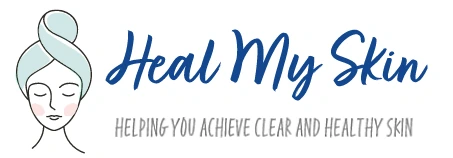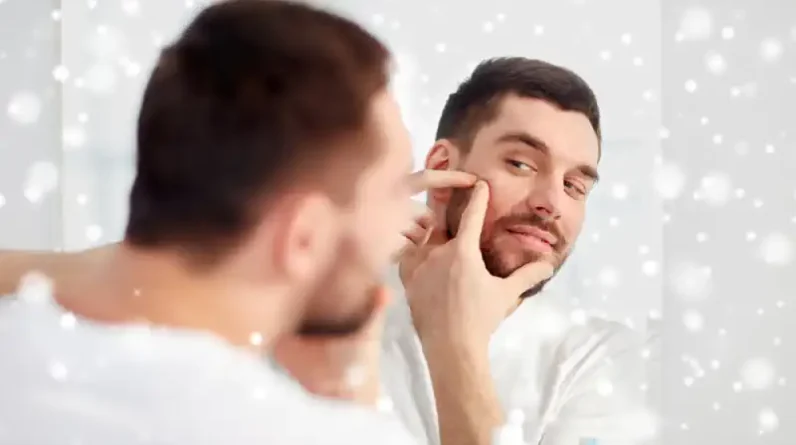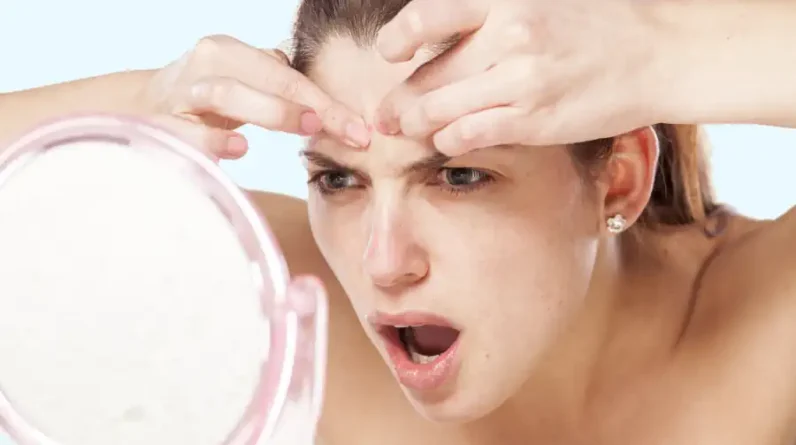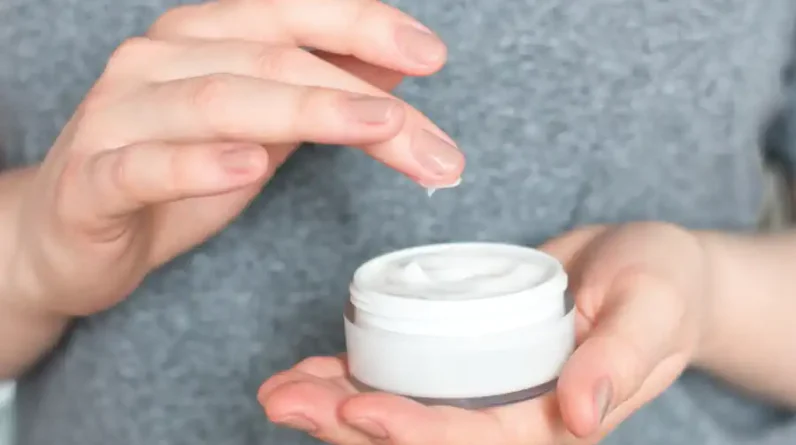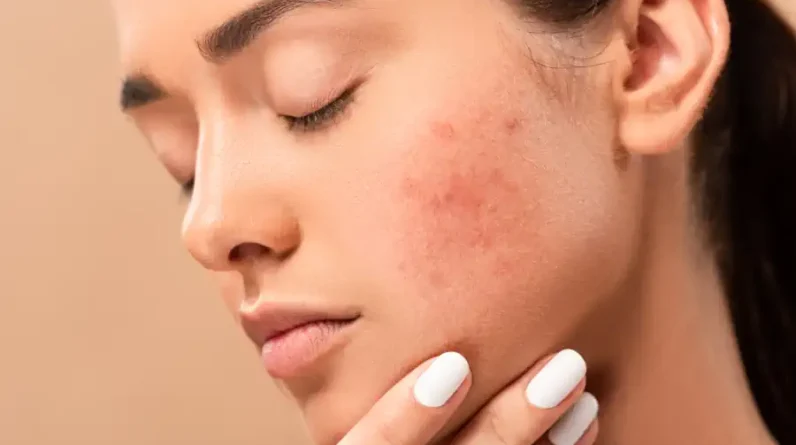One common old wives’ tale about acne is that this skin condition is contagious. In reality, acne is not infectious and cannot be passed from person to person.
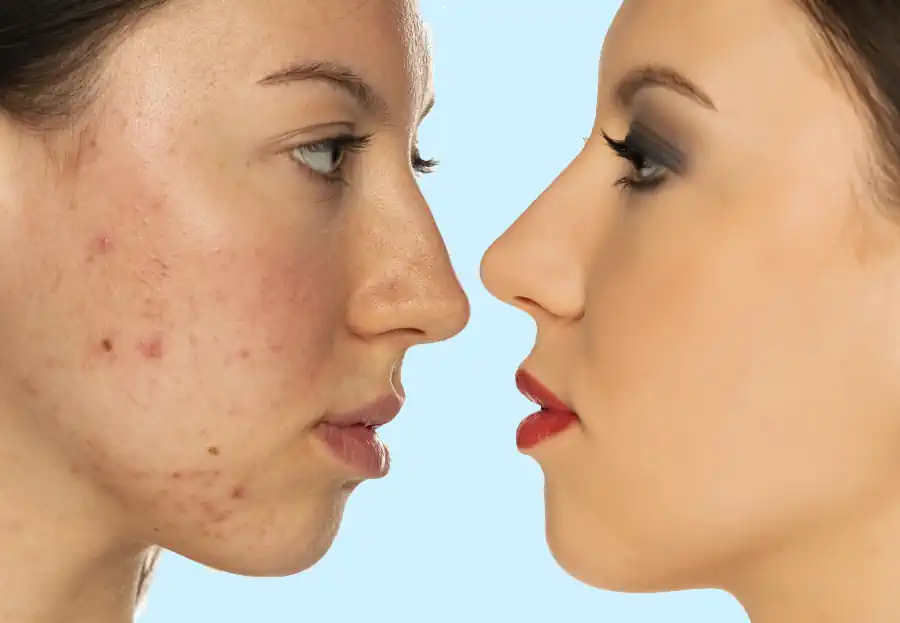
That means you can touch, hug, or kiss someone with acne without fear of developing the condition yourself. Additionally, you can use the same towel or soap as someone with acne without triggering a breakout.
Cutibacterium Acnes
This myth arises from the fact that the bacteria that causes acne, Cutibacterium acnes, can be passed from person to person.
However, this bacterium is found on the skin of nearly every human being on the planet. You are as likely to pass bacteria to someone else as they are to transfer it to you. And this bacteria does not cause acne unless certain conditions are met.
So, what else do you need for acne to develop besides C. acnes?
Sebum
First, you need sebum. This is an oily substance that your skin naturally produces in the pores. The skin uses the pore to transport sebum to its exterior in order to lubricate and protect itself. The sebum transport also acts as a way to carry dead skin cells to the surface of the skin.
Sebum occurs naturally, but some people generate more sebum than the pores can handle. When this overproduction happens, the pore can get plugged with sebum and dead skin cells.
Newly produced sebum can’t flow out of the pore, so it gets trapped inside along with C. acnes. When this occurs, the bacteria begin to multiply. The body tries to fight this infection, creating inflammation that damages the lining of the pore.
This leads to the acne lesions everyone hates.
Time to Form
Another thing to remember is that it takes weeks for an acne lesion to form. Although the inflammation may pop out overnight, it takes weeks for the sebum to plug the pore and for the bacteria to replicate.
So being close to someone with acne will not lead you to break out the next day. You cannot get acne simply by being around someone with a current breakout.
Treatment
There are many effective treatments for acne – natural, over-the-counter, and prescription. All of those treatments work to block one of the conditions that cause acne lesions to form.
Some of these remedies work quickly to treat current pimples. Others take weeks or months to see results but actively work to prevent future breakouts. Many medications are applied topically, but others must be ingested.
For many people, treating acne is critical to preventing long-term skin damage. If left untreated, acne can lead to permanent scarring. It can also cause emotional distress and low self-esteem.
So don’t wait to get help – take charge of your acne.
You can start with home remedies and move to over-the-counter medications. If those don’t provide relief from your symptoms, find a professional who can prescribe a stronger medication.
In the end, you cannot catch acne from another person, and you can’t give someone else acne either. So don’t let this myth stop you from enjoying your life.
